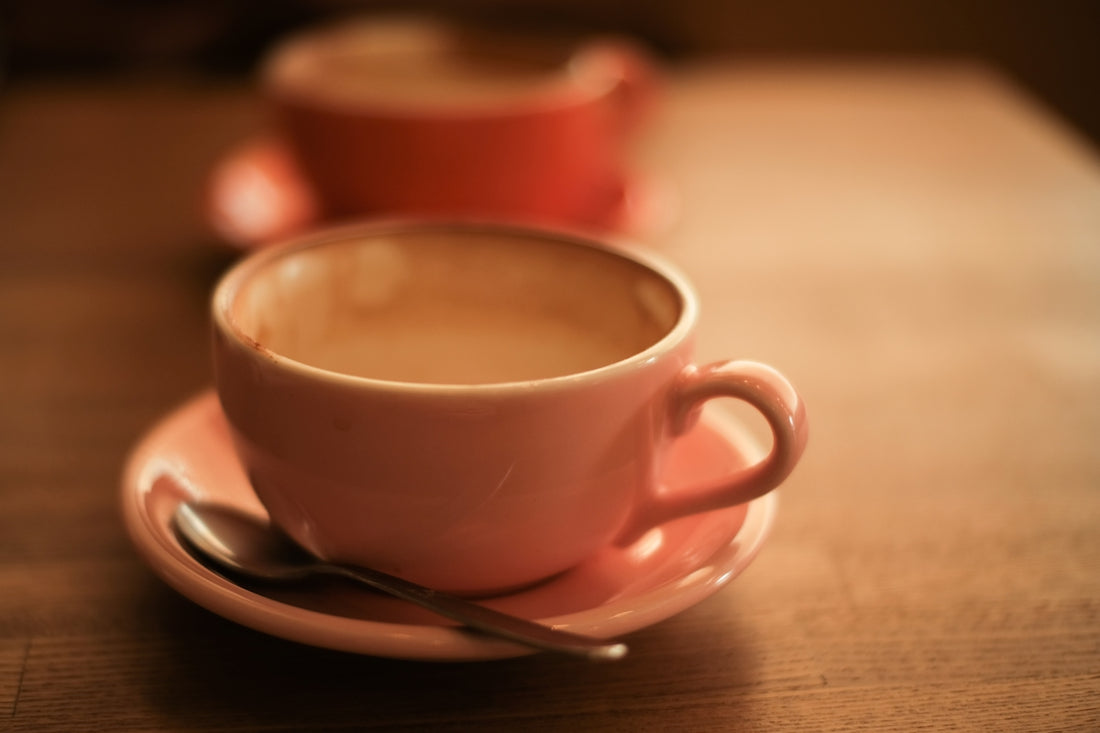
Common Questions about Oolong Tea Caffeine Answered
In the world of tea, oolong stands as a versatile and captivating variety that many tea enthusiasts are eager to explore. One aspect that often sparks curiosity is the caffeine content found in oolong tea. As aficionados continue to discover the wonders of oolong, questions about how it compares to other teas, particularly green tea, arise. This post aims to delve into the common queries about oolong tea caffeine, providing a comprehensive guide for those seeking clarity on the topic.
What is Oolong Tea?
Before diving into caffeine specifics, it's essential to understand what oolong tea is. Oolong is a traditional Chinese tea, falling somewhere between green and black tea in terms of oxidation. This unique position crafts a wide range of flavors and aromas, making oolong a favorite among tea lovers around the globe. Varieties like Alpine Tieguanyin and Milk Oolong exemplify the diversity found within this group.
How Much Caffeine is in Oolong Tea?
The caffeine content in oolong tea can vary greatly, influenced by factors like type, growing conditions, and brewing method. Generally, a cup of oolong contains about 30-50 mg of caffeine, situating it between green and black tea in the caffeine spectrum. Compare this to green tea, which typically contains 20-45 mg of caffeine per cup. Because of this range, oolong can provide a gentle energy boost without the jitters commonly associated with high-caffeine beverages.
For those looking to explore oolong's caffeine characteristics further, Wu Ye Dancong offers a delightful glimpse into the robust and intricate world of oolong flavors and their associated caffeine content.
Oolong Tea vs. Green Tea: Caffeine Content
A frequent question among tea drinkers concerns the caffeine differences between oolong tea and green tea. While their caffeine levels overlap, several factors distinguish these teas:
- Processing: Oolong tea undergoes partial oxidation, while green tea is minimally oxidized. This difference contributes to their distinct caffeine levels.
- Taste and Aroma: Green tea is known for its fresh, herbaceous flavor, while oolong's rich diversity can range from floral to creamy to roasted, as seen in teas like our Ya Shi Xiang Dan Cong.
- Varieties: The vast array of oolong varieties means there might be an oolong with more caffeine than some green teas, but generally, green tea contains slightly less.
Health Benefits of Oolong Tea's Caffeine Content
Caffeine, in moderate doses, can have several potential health benefits, and oolong tea is no exception. Here are a few merits associated with oolong tea caffeine:
- Metabolism Boost: Oolong tea can aid in enhancing metabolism, which may support weight management efforts.
- Mental Alertness: The caffeine content provides a gentle lift in mental alertness and focus, making it an excellent option for a mild, natural pick-me-up.
- Heart Health: Regular oolong tea consumption may contribute to cardiovascular health due to its antioxidant properties.
These benefits, along with the rich flavor profile presented in products like Alpine Tieguanyin, offer an enriching tea experience for daily life.
How Does Brewing Affect Oolong Tea Caffeine Levels?
Brewing is a crucial factor in determining the caffeine content of your cup of oolong. Here's what to consider:
- Steeping Time: Longer steeping times can increase the caffeine level. For a milder brew, steep for 1-3 minutes. To enjoy a more robust tea experience, allow the leaves to steep for up to 5 minutes.
- Water Temperature: Always follow recommended temperatures specific to each oolong variety to ensure optimal flavor and caffeine extraction. Generally, oolong teas thrive at 185-205°F (85-96°C).
- Leaves to Water Ratio: Using more tea leaves can increase caffeine content. Adjust the amount based on personal preference and caffeine sensitivity.
For those interested in experimenting with different brewing techniques and discovering unique flavor profiles, the Scent Alchemist Kit - A Curated Tea Experience offers an array of possibilities to explore.
Oolong Tea: A Perfect Balance for the Caffeine Conscious
For tea lovers navigating the delicate balance between flavor and caffeine intake, oolong stands out as an exceptional option. Its intermediate caffeine content provides enough energy to power through the day while minimizing caffeine-related jitters. Additionally, oolong's remarkable variety ensures there is a flavor and aroma to suit every palate.
As you embark on this tea journey, consider exploring some of the exquisite oolong varieties available:
Each of these teas showcases the rich tapestry of oolong flavor profiles, enhanced by their unique caffeine characteristics.
Conclusion
Oolong tea presents a fascinating medley of tradition, flavor, and a moderate caffeine boost, bridging the gap between green and black teas. Whether you're drawn to the floral notes of Alpine Tieguanyin or the creamy allure of Milk Oolong, there's an oolong tea perfectly suited for every taste and occasion. Discover the wide world of oolong and its caffeine harmonies by visiting TeaStart.
As the journey through oolong unfolds, remember to enjoy the process, savor each sip, and appreciate the layers of flavor and energy that a thoughtfully brewed cup of oolong can bring into your life.
